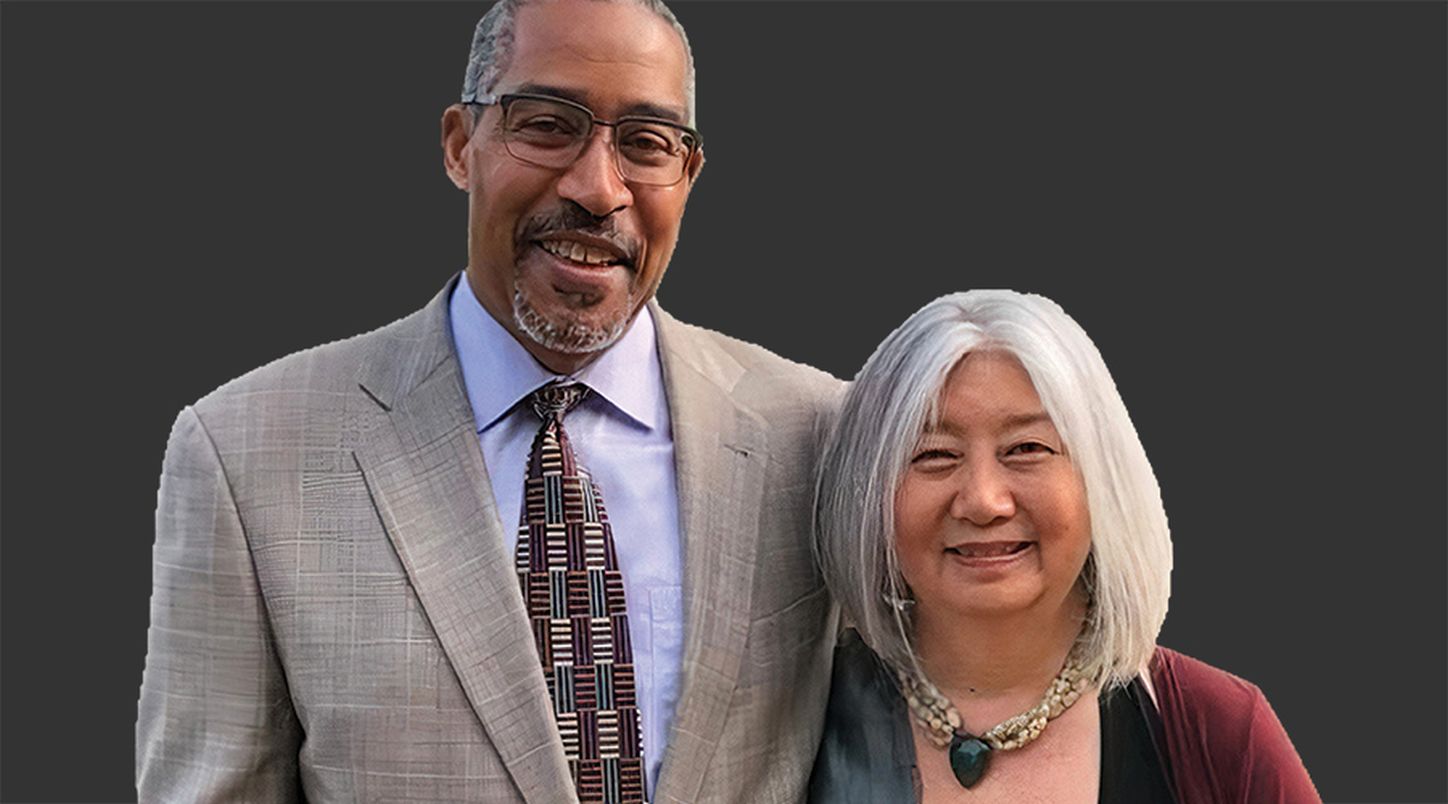-

Hear from Professor Monica Toft
Learn how Professor Monica Toft is shaping the study of global affairs and diplomacy at Fletcher.
Hear from Prof. Toft -

Explore Fletcher academics in action
Fletcher Features offers insights, innovation, stories and expertise by scholars.
Get global insights -
Get application tips right from the source
Learn tips, tricks, and behind-the-scenes insights on applying to Fletcher from our admissions counselors.
Hear from Admissions -

Research that the world is talking about
Stay up to date on the latest research, innovation, and thought leadership from our newsroom.
Stay informed -
Meet Fletcherites and their stories
Get to know our vibrant community through news stories highlighting faculty, students, and alumni.
Meet Fletcherites -

Forge your future after Fletcher
Watch to see how Fletcher prepares global thinkers for success across industries.
See the impact -

Global insights and expertise, on demand.
Need a global affairs expert for a timely and insightful take? Fletcher faculty are available for media inquiries.
Get in Touch
One Partnership, Two Careers, Global Impact

Yoon Jung Park and Roland Pearson
Their paths were different from the start. His was banking and finance in sub-Saharan Africa. Hers was development in Latin America. What they had in common, and what brought them to The Fletcher School, was an interest in internationalizing the work they were doing domestically.
A chance meeting outside the classroom brought Roland Pearson F91 and Yoon Jung Park F91 together; shared values, mutual interests, and a commitment to service took them on a lifelong journey together.
Soon after graduation, Pearson was dispatched to South Africa when the position he was hired for in Poland was paused. He was confident that his technical grounding in domestic banking combined with the international training he received at Fletcher positioned him well for a launch into the field of international development finance.
“Had it not been for my Fletcher’s master’s degree, I would not have been offered the job in Poland,” he said. “And were it not for my graduate coursework and classes in transitional economies, I would not have had the competencies to wade into what was going on in Eastern Europe at the time.”
Over the past 30 years, Pearson has become a widely recognized senior financial and private sector development leader who delivers sustained social and economic impact, and commercial value. Currently, he serves as vice president and executive director for Habitat for Humanity International’s global innovation center.
He’s particularly proud to have managed and mentored people who have risen to the highest levels of industry in South Africa and elsewhere. It’s meaningful to him and “a testament to the ‘commitment to community’ espoused at Fletcher.”
Strength in Global Communities
Much of Park’s work is driven by her passion for building and understanding global communities.
When Pearson convinced Park to join him in South Africa, she pivoted her focus to Africa and earned a doctorate degree from the University of Witwatersrand in Johannesburg. Now for more than a decade, she’s worked to build China-Africa research networks and strengthen competencies, particularly among African colleagues. Currently, she teaches at Georgetown University and is an international expert in China-Africa studies and Chinese migration in Africa. She is also co-founder and Executive Director of the Chinese in Africa/Africans in China Research Network.
What started as a small research working group looking at people-level engagement, namely Chinese migrants in Africa and African migrants in China, has grown into a global research network of more than 1000 scholars and practitioners, Park said.
Additionally, she explores transregional engagements to look at how, for example, China engages in Latin America, Southeast Asia, and Africa. To support this initiative, she organizes workshops to advance the thinking about how scholars and researchers respond to a changing world.
Though their work may look different—educating young minds and helping people access finance and credit—both Park and Pearson continue their work alongside each other, making a meaningful impact felt around the world.

